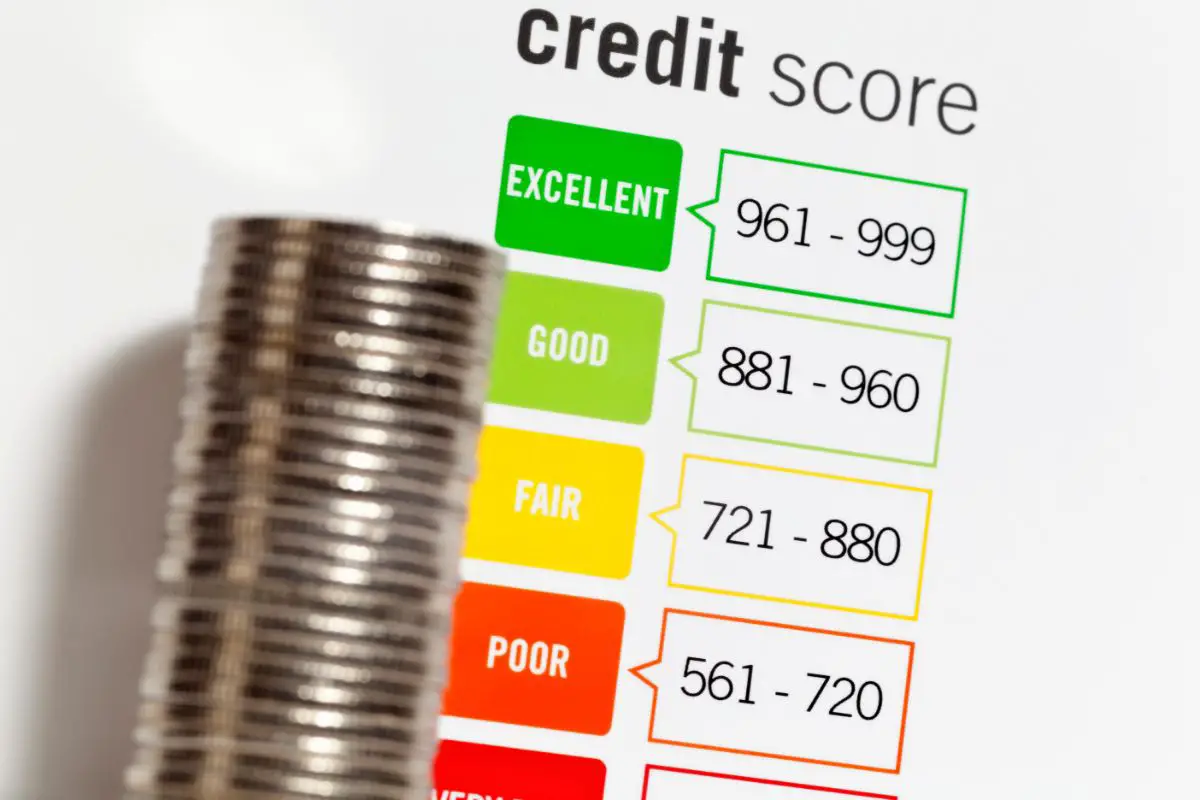Although your business and personal finances are distinct from one another, when trying to secure a business loan, most lenders will still take your credit score into consideration when reviewing your application.
Providing a glimpse into your financial history, credit scores tell lenders a great deal about your character, which will factor heavily in their decision-making process. But what does a 500 credit score say about you?
Although your business and personal finances are distinct from one another, when trying to secure a business loan, most lenders will still take your credit score into consideration when reviewing your application.

Providing a glimpse into your financial history, credit scores tell lenders a great deal about your character, which will factor heavily in their decision-making process. But what does a 500 credit score say about you?
Well, the quick answer to your inquiry is, yes, you absolutely can still secure a business loan with a 500 credit score, but it could well be your undoing depending on the type of business loan you’re chasing.
Is 500 A Good Credit Score?
500 is a decidedly average credit score — Not great, not terrible. It doesn’t paint the most positive picture regarding your relationship with money, but neither will it send alarm bells ringing in the mind of a lender.
Any credit score lower than 500, however, may end up being a serious problem for you, as many lenders consider 500 a minimum requirement for applicant eligibility.
Some may even enforce a higher threshold around the 650 mark, but don’t let this get you down; your credit score isn’t everything!
How Important Is Credit Score To Business Loan Lenders?
There are a number of other variables to consider when it comes to business loan approval rates, meaning your credit score doesn’t always have to be pristine for you to secure some investment and take your business to the next level.
As mentioned earlier, it all comes down to the loan format.
You will always have a better chance of your application getting approved if you have a good credit score, though, so while it’s not the be-all-end-all deciding factor, it’s crucial that you try to keep it in good shape if you think you’ll need a loan at some point in the future.
Variables That Impact Approval Rates Of Business Loans
When you own a business, there are plenty of other ways for lenders to assess your ability to repay a prospective loan than your credit score.
Business Revenue
If your business is clearly doing well, it shows the lender that their investing in you will be less of a gamble, as the business will likely become more profitable when propped up by the loan.
However, if your business is subject to an unstable market, the lender may not be completely won over by a dynamite revenue stream, as it could collapse in the near future.
Time Doing Business
Generally speaking, the longer you’ve managed to keep your business afloat before requesting a loan, the more confidence a lender will have in you and your enterprise, as it shows you have drive, business acumen, and a potentially very profitable venture on your hands.
Many lenders will require a minimum of 2 to 3 years in business before you’re eligible to apply for one of their loans, but, much like if you have a subpar credit score, there are ways to get your hands on a business loan before you reach this stage.
Loan Amount
Small loans are easier to pay back, so they’re often far more likely to be approved, while larger loans are harder and take longer to pay back, meaning they pose more risk to lenders, so the chances of them being approved go down.
You can still secure large business loans, but you’ll have to get all aspects of your eligibility in check if you want to stand a chance.
Business Loan Types & Approval Criteria
There are actually a number of different business loan blueprints to choose from when you need to inject some funds into your enterprise, each with different outlooks on eligibility.
To lenders of certain loans, credit score is very important, while lenders of others will let a poor credit score slide.
Let’s take a look at each loan type so you can figure out which would be best for you and which you have the best chance of securing.

Short-Term Business Loans
Traditional short-term business loans may not always be easy to attain if you have a credit score of 500 (see also 'What Banks Do Small Business Loans?').
Although short repayment terms and comparatively smaller loan amounts mean there’s less risk involved for a lender of short-term business loans, they rely on credit checks to gain an understanding of your character.
Look out for lenders who ask for a minimum of a 500 credit score, as you’ll be wasting your time elsewhere.
Traditional Business Loans
The same goes for full-fat business loans, especially if you’re trying to snag one from a bank. These loans typically offer favorable interest rates on larger loans, but lenders want to be extra confident that you’ll be capable of paying them back.
Again, this isn't to say that you couldn’t secure a traditional business term loan with a 500 credit score, but you’ll need to meet the other criteria and then some.
SBA Loans
SBA loans are some of the most borrower-kind out there, but, as you might expect, it’s much harder to qualify for this kind of agreement. In this instance, a credit score of 500 simply isn’t good enough.
You’ll need a score of at least 680, and even then you’ll need to have immaculate business credentials to curry favor with the Small Business Association.
Equipment Loans
As the equipment purchased with equipment financing acts as the supporting collateral, these loans are far easier to qualify for. In almost all instances, a credit score of 500 will be more than enough to come to terms with a lender of equipment loans.
Business Lines Of Credit
Business lines of credit are essentially the credit cards of the business lending world.
They can be incredibly helpful in covering short-term or recurring business expenses, as they often have more favorable interest rates than business credit cards. However, most lenders require a credit score of 600 or higher before they’ll approve such a loan.
The higher your score is above this minimum threshold, the more favorable the interest rates will be.
Invoice Financing
Invoice loans allow you to use money your business has already earned but is yet to receive from your customers.
In light of this, eligibility requirements are pretty lax, as you’ll receive funds to repay the debt almost immediately, but, unfortunately, this means that the lender has to impose steep interest rates to make the short-term agreement worth their while.
Merchant Cash Advances
As the name suggests, merchant cash advances are technically advances, not full-blown loans, and as they’re tied into the revenue of your business, lenders will not be scrutinizing your credit score all that much, meaning a 500 score shouldn’t be an issue.
You will, however, need some impressive recent sales records and a minimum monthly revenue of around $5K.
Final Thoughts
Can you get a business loan with a 500 credit score? Providing you make a strong case where other variables are concerned, yes, definitely!
Your credit score is just one aspect lenders will look into to decide if you are a suitable borrower, but you may find it hard to secure a traditional term loan with a 500 credit score, and, unfortunately, an SBA loan is strictly out of the question.
